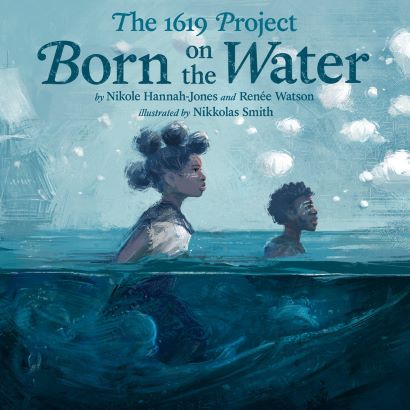A young girl is in class when her teacher announces a new assignment.
“Who are you?” she asks. “Trace your roots.”
Unlike many in her class, this student can only count back three generations in her mind. She doesn’t know the flag of her ancestral land.
At home that night, her Grandma gathers the entire family to talk of their ancestors and help with the assignment.
She tells them of a home in a land far away, under the sun in the Kingdom of Ndongo in West Central Africa. Their people were content nestled between two rivers and speaking the language of Kimbundu.
They had knowledge passed down through generation after generation of agriculture, trading and working together as communities. Sharp minds passed down Maths and Science, Music and other Languages. Their tradesman built, and also forged iron tools, armour and weapons. Along with these skills came the love of family, and the power of dance for celebration, mourning and creation.
They were an ancient, clever, free people.
Until the ship called The White Lion arrived to tear families apart to steal mothers, fathers, and children for slavery.
“Ours is no immigration story.”
On a trip to the US, I brought many books home with me, but this one had the most impact the moment I saw it on the shelf, and even more so when I read it for the first time.
I didn’t know anything of The 1619 Project or this book, but have since done some research into where The 1619 Project: Born on the Water came from. Told in verse, this hardback picture book is stunning, sobering and gut punching at the same time. This story tells of people arriving in America before The Pilgrims on ship – The Mayflower.
It begins with the joy and happiness of an ancient people proficient in Maths, Science, Trade, Language, Agriculture and the Arts of their culture in West Africa. The arrival of slave ship The White Lion tears this all to shreds in the pursuit of money and power through slavery.
But these are proud people and they refuse to give up their stories, memories and traditions, holding them close. The rise out of this assault on their culture and ancestors is portrayed in their legacy and contribution to American society today.
Author Nikole Hannah-Jones is a Pulitzer Prize-winning journalist and Renée Watson is a Newbery honor-winning author – taking readers on a journey of identity in America.
Nikkolas Smith’s illustration style is a treat to discover and had me rereading Born on the Water over and over, looking deeper into the pictures throughout. Joy leaps from the pages in the beginning, and despair spills from the time of slavery. But a strong feel of achievement, hope and the constant fight for freedom and equality in the law stands proud in the conclusion.
As someone on the other side of the world, this helps me understand that African American culture and stories are not just hurt, pain, racism and slavery. They are joy, dance, clever minds and achievements, with stunning histories, and so much more.
Authors – Nikole Hannah-Jones and Renée Watson
Illustrator – Nikkolas Smith
Age – 8-88
(2021, Kingdom of Ndongo, West Central Africa, Kimbundu, USA, United States of America, The White Lion, Slave ship, Slavery, Greed, Grief, Historical, Family, Crime, Loss, Racism, Hope, Freedom, Equality, Future, Contribution, 1619 Project)
